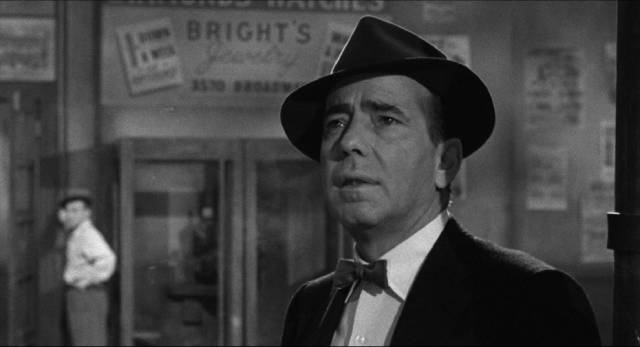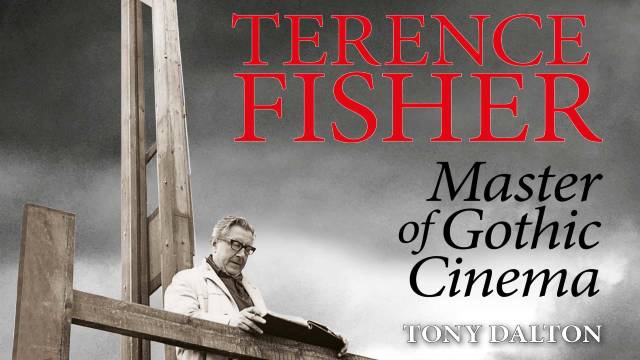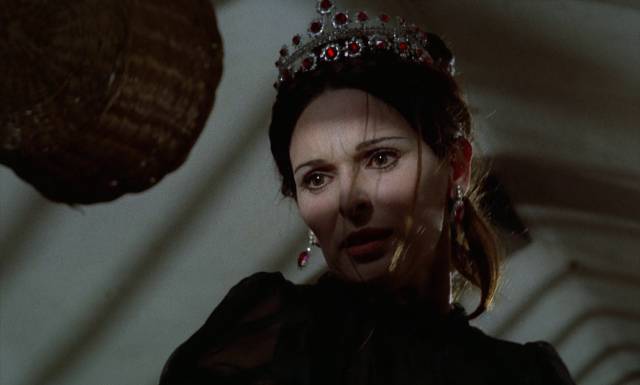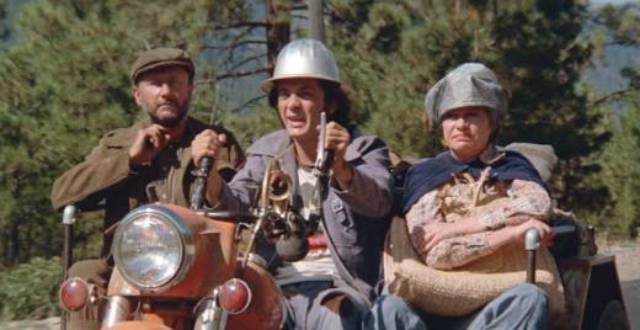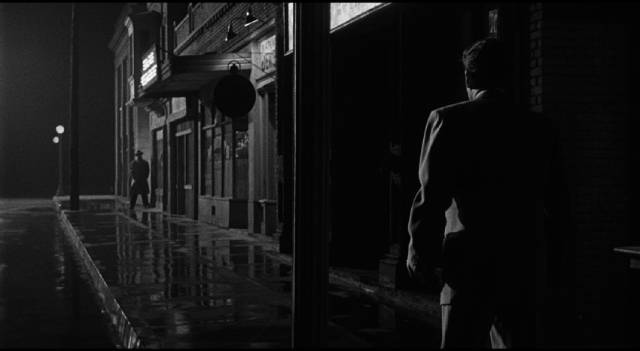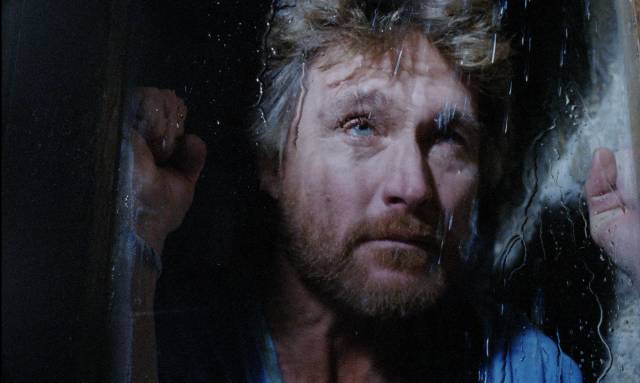
Criterion start 2023 with an excellent three-disk set of Lars von Trier’s Europe Trilogy, the three aggressively confrontational movies with which he began his career by digging into the lingering traces of Fascism which plagued the continent in the second half of the 20th Century. Impressive new transfers are given context by commentaries and seven hours of documentaries and interviews with and about von Trier, his intentions and creative process.
